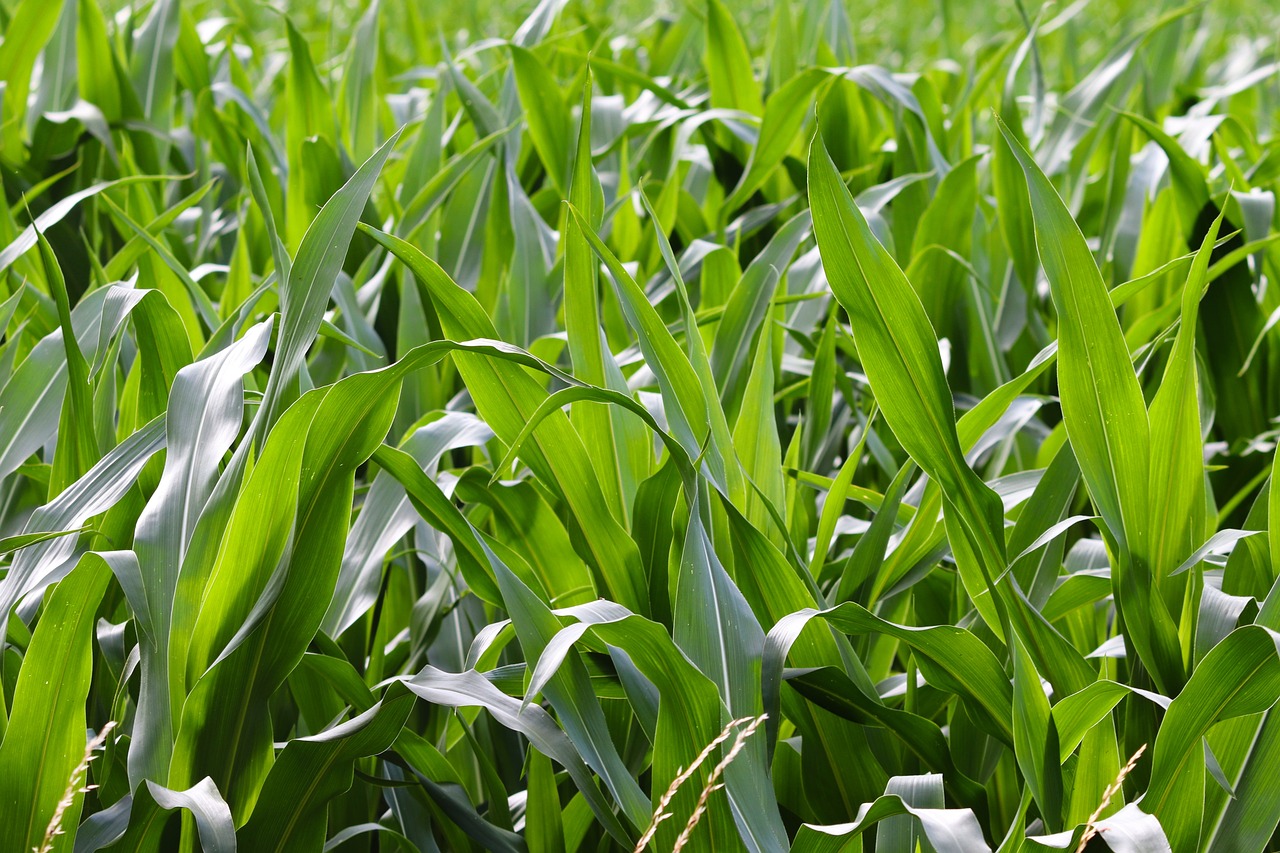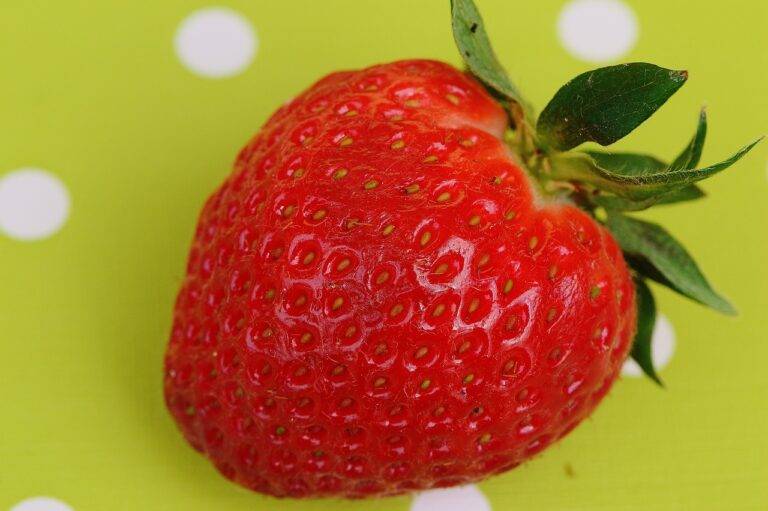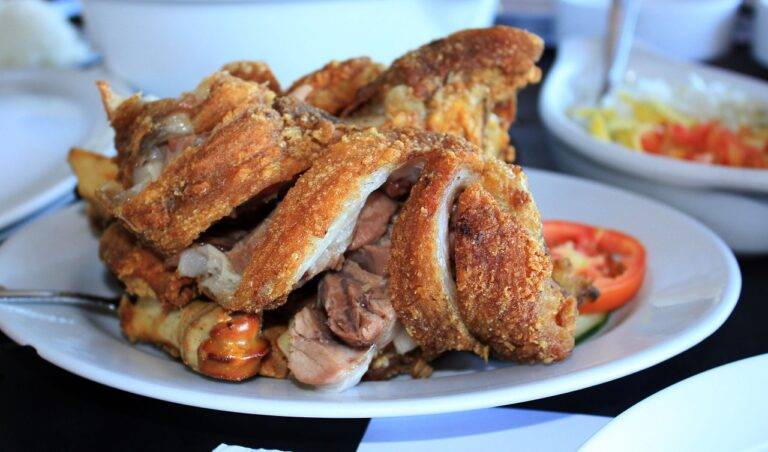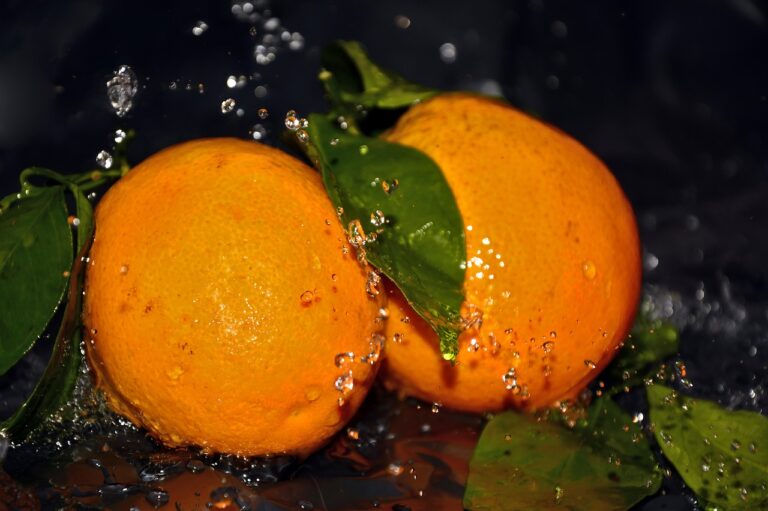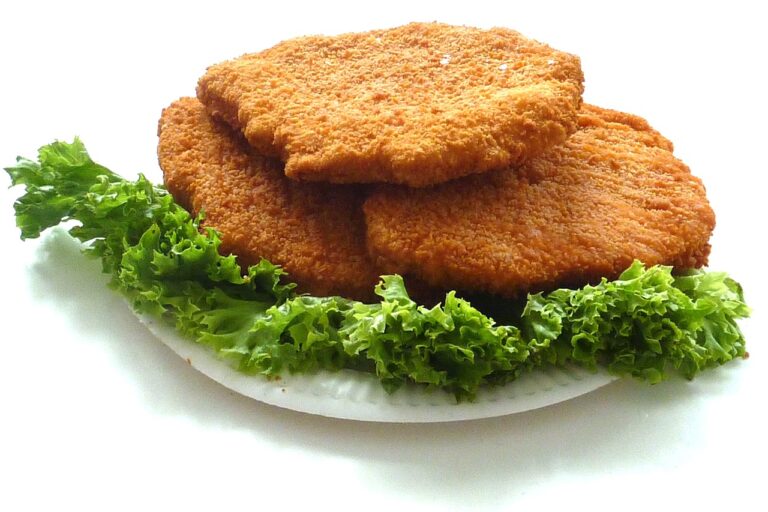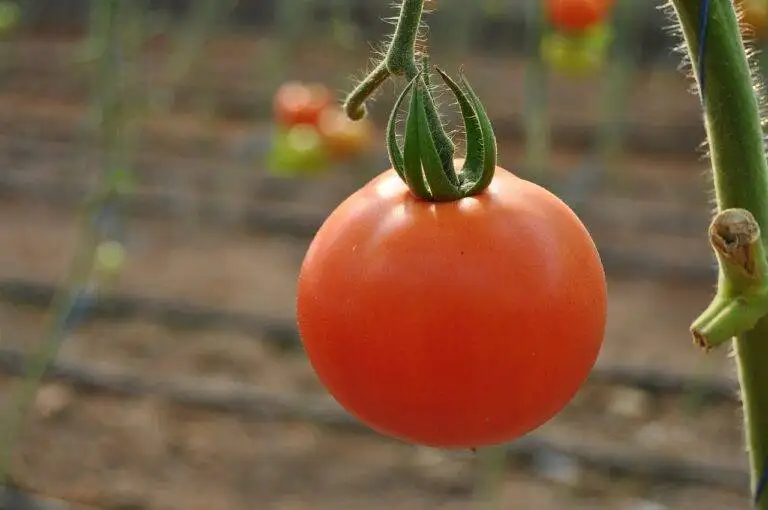The Impact of Jam and Jelly-Making Workshops on Culinary Education: Lotusbook365, Welcome to play99exch, Allpannel
lotusbook365, welcome to play99exch, allpannel: Jam and jelly-making workshops have been gaining popularity in recent years as a unique and fun culinary education experience. These workshops offer participants the opportunity to learn how to make their own delicious preserves from scratch, using fresh ingredients and traditional techniques. But what impact do these workshops have on culinary education as a whole? In this article, we will explore the various ways in which jam and jelly-making workshops can enhance culinary education and inspire a new generation of food enthusiasts.
The hands-on nature of jam and jelly-making workshops allows participants to learn valuable culinary skills, such as knife techniques, cooking methods, and food safety practices. By working with real ingredients and equipment, participants gain a deeper understanding of the cooking process and develop confidence in their abilities. This practical experience can be especially beneficial for individuals who are considering pursuing a career in the culinary arts, as it provides a taste of what it’s like to work in a professional kitchen.
In addition to enhancing technical skills, jam and jelly-making workshops also have the potential to spark creativity in participants. Making preserves involves experimenting with different flavor combinations, textures, and presentation styles, allowing individuals to express their culinary talents and preferences. This creative aspect of jam and jelly-making can inspire participants to think outside the box and come up with innovative recipe ideas that they may not have considered before. This newfound creativity can be applied to other areas of cooking, leading to a more dynamic and personalized approach to food preparation.
Moreover, jam and jelly-making workshops offer a valuable opportunity for participants to connect with local food producers and learn about the importance of sourcing high-quality ingredients. Many workshops feature guest speakers from farms, orchards, and other food-related businesses, who share their knowledge and expertise with participants. This direct interaction with food producers helps participants develop a greater appreciation for where their food comes from and encourages them to support local and sustainable food systems. This emphasis on sourcing and using fresh, seasonal ingredients can have a lasting impact on participants’ culinary practices, inspiring them to prioritize quality and flavor in their cooking.
Furthermore, jam and jelly-making workshops can serve as a gateway to exploring other culinary traditions and techniques. Many workshops focus on specific types of preserves, such as marmalades, chutneys, or fruit butters, which may be new or unfamiliar to participants. By learning how to make these traditional preserves, participants not only expand their culinary repertoire but also gain a deeper understanding of different culinary cultures and histories. This exposure to diverse flavors and techniques can inspire participants to continue exploring new cuisines and cooking styles, broadening their culinary horizons.
In conclusion, jam and jelly-making workshops have a far-reaching impact on culinary education, offering participants a unique and engaging way to learn valuable skills, express creativity, connect with local food producers, and explore culinary traditions. Whether you’re a seasoned cook looking to expand your knowledge or a beginner eager to try something new, attending a jam and jelly-making workshop can be a rewarding and enriching experience. So why not roll up your sleeves, put on an apron, and give it a try? You might just discover a new passion for preserving and cooking that will stay with you for years to come.
FAQs
Q: Are jam and jelly-making workshops suitable for beginners?
A: Yes, jam and jelly-making workshops are perfect for beginners! The hands-on nature of these workshops allows participants to learn at their own pace and receive personalized instruction from experienced instructors.
Q: What equipment do I need to participate in a jam and jelly-making workshop?
A: Most workshops provide all the necessary equipment and ingredients, so all you need to bring is yourself and a willingness to learn. However, if you’re interested in making preserves at home, you’ll need basic kitchen tools such as a pot, a wooden spoon, and canning jars.
Q: How can I find a jam and jelly-making workshop near me?
A: You can search online for workshops in your area or check with local culinary schools, community centers, or food-related organizations for upcoming events. Many workshops also post information on social media platforms or online event calendars.
Q: Can I customize the recipes in a jam and jelly-making workshop to suit my dietary preferences?
A: Yes, many workshops offer alternative ingredients and recipe options for participants with dietary restrictions or preferences, such as vegan or low-sugar options. Be sure to inform the workshop organizers of any dietary needs when registering for the workshop.
Q: What are some other benefits of attending a jam and jelly-making workshop?
A: In addition to learning how to make delicious preserves, attending a workshop can be a great way to meet new people, socialize with other food enthusiasts, and support local food businesses. It’s also a fun and relaxing way to spend a few hours away from the hustle and bustle of daily life.

